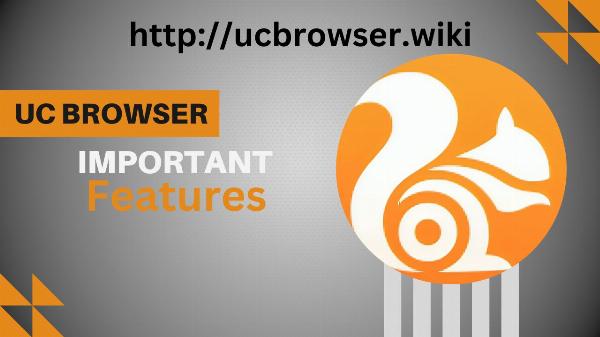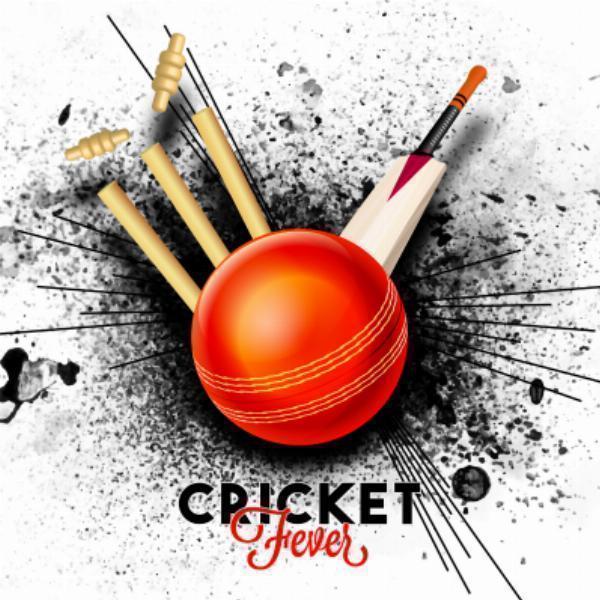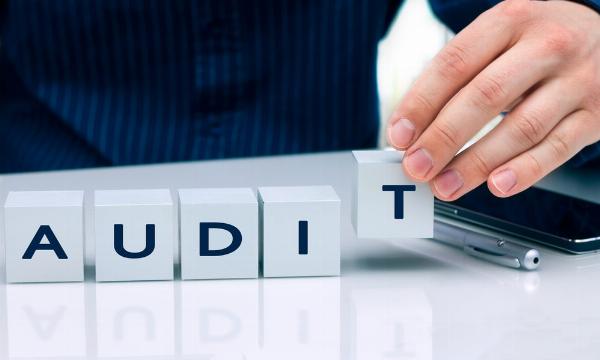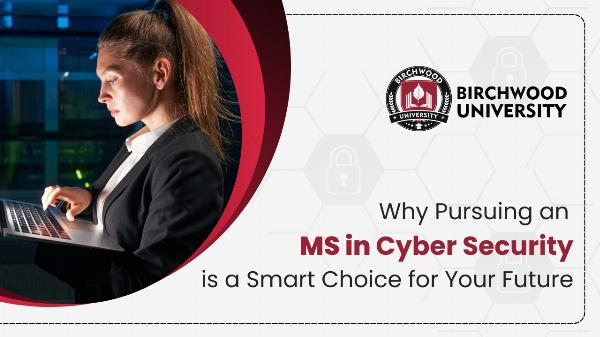In today’s rapidly evolving world, students are bombarded with more information than ever before. But here’s a critical question: are traditional study methods like rote learning, passive reading, and last-minute cramming, still effective in this digital age? Or are they becoming outdated?
Welcome to the age of reflective intelligence, a growing trend in education that emphasizes awareness, adaptability, and strategy in learning. At the core of this trend lies a powerful mental tool: metacognition.
Let’s explore what reflective intelligence really means, how you can develop it, and why adopting smarter learning strategies can completely transform your academic performance.
What Is Metacognition in Education?
Metacognition is simply “thinking about your thinking.” It’s the ability to be aware of your learning process, assess your understanding, and make smart decisions about how you study.
In education, metacognition means:
Knowing how you learn best
Being able to plan, monitor, and adjust your study habits
Recognizing when something isn’t working and trying a new approach
Think of it as an internal GPS for your brain. You’re not just driving. You're checking the map, recalculating the route, and staying aware of how you’re progressing.
Are Your Study Habits Outdated?
Many learners still rely on traditional strategies like highlighting textbooks, rereading notes, or memorizing facts the night before exams. While these can offer temporary benefits, they often fail to support deep, long-lasting understanding.
Here’s a quick comparison:
Old Study Habits
Reflective Intelligence
Cramming before exams
Planning learning over time
Memorizing facts
Understanding concepts
Passive reading
Active reflection & practice
One-size-fits-all approach
Personalized learning strategies
Studying without self-checks
Regular self-assessment for better studying
If you recognize your habits in the left column, it’s time to upgrade your learning with reflective learning techniques.
Why Reflective Intelligence Matters?
In a world that rewards critical thinking, adaptability, and self-direction, reflective intelligence is a major asset. It helps you become:
A more strategic learner, not just a hard worker
A problem-solver who can transfer knowledge to new situations
A lifelong learner who keeps growing even outside the classroom
This is where the benefits of self-awareness in academic success become obvious. When you understand how your mind works, you gain control over your learning outcomes.
Reflective Thinking Exercises to Get Started
Developing reflective intelligence starts with small changes in how you think and study. Try these reflective thinking exercises:
1. The “What-Why-How” Review
After each study session, ask yourself:
What did I learn today?
Why is it important?
How will I remember or use this later?
This encourages deeper understanding and personal connection to the material.
2. Weekly Learning Journal
At the end of each week, write a short reflection:
What strategies worked best?
Where did I struggle?
What can I improve next week?
This helps you monitor your progress and build awareness over time.
3. Teach It to Someone Else
Explaining a concept to a peer is one of the most powerful learning strategies. It forces you to simplify, clarify, and check your understanding.
Think About Your Thinking: The Power of Meta-Reflection
“Think about your thinking” might sound a bit odd at first but it’s the foundation of effective learning.
When you reflect on how you study, you're not just doing the work, you’re learning how to learn. That’s powerful.
For example:
Are you better at learning through visuals, writing, or discussion?
Do you retain more when you study in short sessions or long stretches?
What distracts you the most during study time?
Asking these questions and adapting your strategy leads to smart study habits using metacognition, habits that stick.
Smart Study Habits Using Metacognition
Once you understand how you learn, you can build habits that support your brain's natural process. Here are a few metacognitive habits that can boost your academic game:
Set clear goals before you start studying
Break down big tasks into smaller, manageable steps
Check your understanding every 20–30 minutes
Use active recall—quiz yourself instead of re-reading
Reflect after studying—What went well? What didn’t?
These strategies help you study smarter, not harder.
Reflective Learning Techniques for Better Results
If you’re ready to shift from passive to active learning, here are some reflective learning techniques to build into your routine:
Concept mapping: Draw diagrams to link ideas visually
Self-questioning: Ask yourself how, why, and what-if questions about the topic
Delayed review: Come back to material a few days later and reflect on what you remember
Peer discussions: Talk about what you’ve learned with classmates—new perspectives spark deeper thinking
These methods help create stronger mental connections and improve retention.
How Self-Assessment Leads to Better Studying?
One of the most underrated skills in learning is self-assessment. When students pause and ask themselves, “Do I really understand this?” they’re taking a powerful step toward mastery.
Here’s how self-assessment for better studying helps:
Identifies gaps in understanding before exams
Encourages active engagement with content
Builds motivation by showing progress over time
Try rating your understanding of each topic after a study session (e.g., 1 = “still confused”, 5 = “I could teach this”). This simple habit can make a big difference.
The Benefits of Self-Awareness in Academic Success
Self-awareness isn’t just a personal skill, it’s an academic superpower.
When you’re self-aware:
You know your strengths and weaknesses
You recognize what helps or hinders your learning
You take responsibility for your progress
The benefits of self-awareness in academic success include better time management, stronger problem-solving, and greater resilience under pressure. You stop comparing yourself to others and start focusing on your own growth.
Final Thoughts: Upgrade Your Study Mindset
The shift to reflective intelligence isn’t just a trend, it's a much-needed response to a changing world. Traditional methods focused on memorization are no longer enough. Today’s learners need to be thinkers, reflectors, and strategists.
By embracing metacognition, engaging in reflective thinking exercises, and building smart study habits, you can future-proof your learning and become the kind of learner that thrives not just in exams, but in life.
So, take a moment today to ask yourself: Are my study habits outdated? And more importantly, what can I do to improve?
Because the real intelligence of the future is reflective.



In an era where Reflective Intelligence is on the rise, this article puts forth a compelling case for revisiting our study habits to ensure they're not outdated and ineffective in nurturing 21st-century learning skills.














